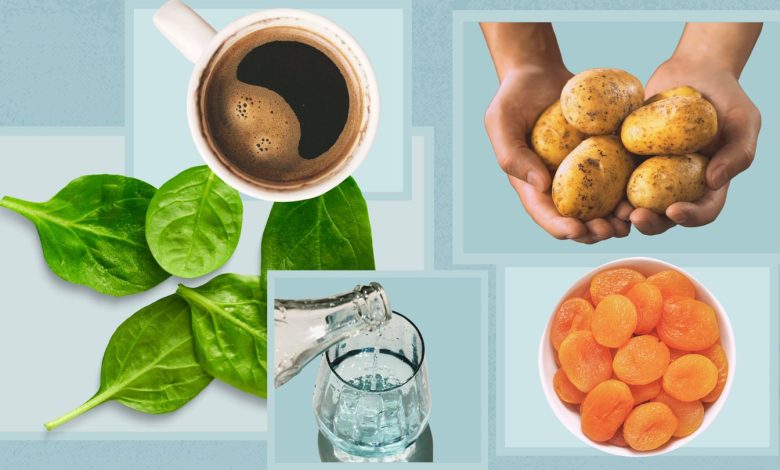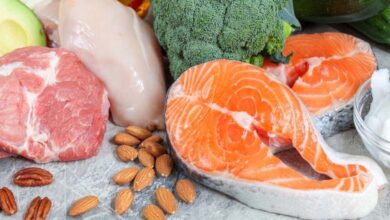Calcium and potassium can prevent Kidney Stones

Kidney stones can not only cause excruciating pain, but are also associated with severe comorbidities, including chronic kidney disease, but also osteoporosis and cardiovascular disease. Moreover, in 30% of cases, the occurrence of a kidney stone is followed by another kidney stone within 5 years.
The Rochester team is conducting a prospective study here to investigate the impact of dietary changes in 411 patients who had symptomatic kidney stones for the first time, and in a control group of 384 people without kidney stones. All the participants informed by questionnaire, their diet. The analysis finds that:
a fluid intake of less than 3,400 milliliters per day, or about 9 glasses, is associated with the first formation of kidney stones. This daily fluid intake includes fluid intake through the consumption of foods such as fruits and vegetables;
low fluid and caffeine intake can lead to low urine volume and increased urine concentration, which contributes to stone formation;
a diet lower in calcium and potassium is associated with a higher risk of symptomatic kidney stones;
among patients who have already had a kidney stone, approximately 20% develop recurrent stones within a median of 4.1 years of follow-up;
again, lower levels of dietary calcium and potassium predict recurrence;
diets with a daily intake of 1,200 milligrams of calcium can help prevent early kidney stones and recurrent kidney stones;
low dietary intake of calcium and potassium is a stronger predictor than fluid intake of recurrent kidney stone formation.
These data will make it possible to specify the recommendations and the dietary factors preventing the recurrence of kidney stones, concludes lead author Dr. Andrew Rule, nephrologist at the Mayo Clinic: “If patients are not going to adjust their diet to prevent future kidney stones, they will be willing to do so to prevent recurrences.
In practice, it would suffice to add more fruits and vegetables rich in calcium and potassium, including bananas, oranges, grapefruit, melons, apricots, potatoes, mushrooms, peas, cucumbers and zucchini… »












